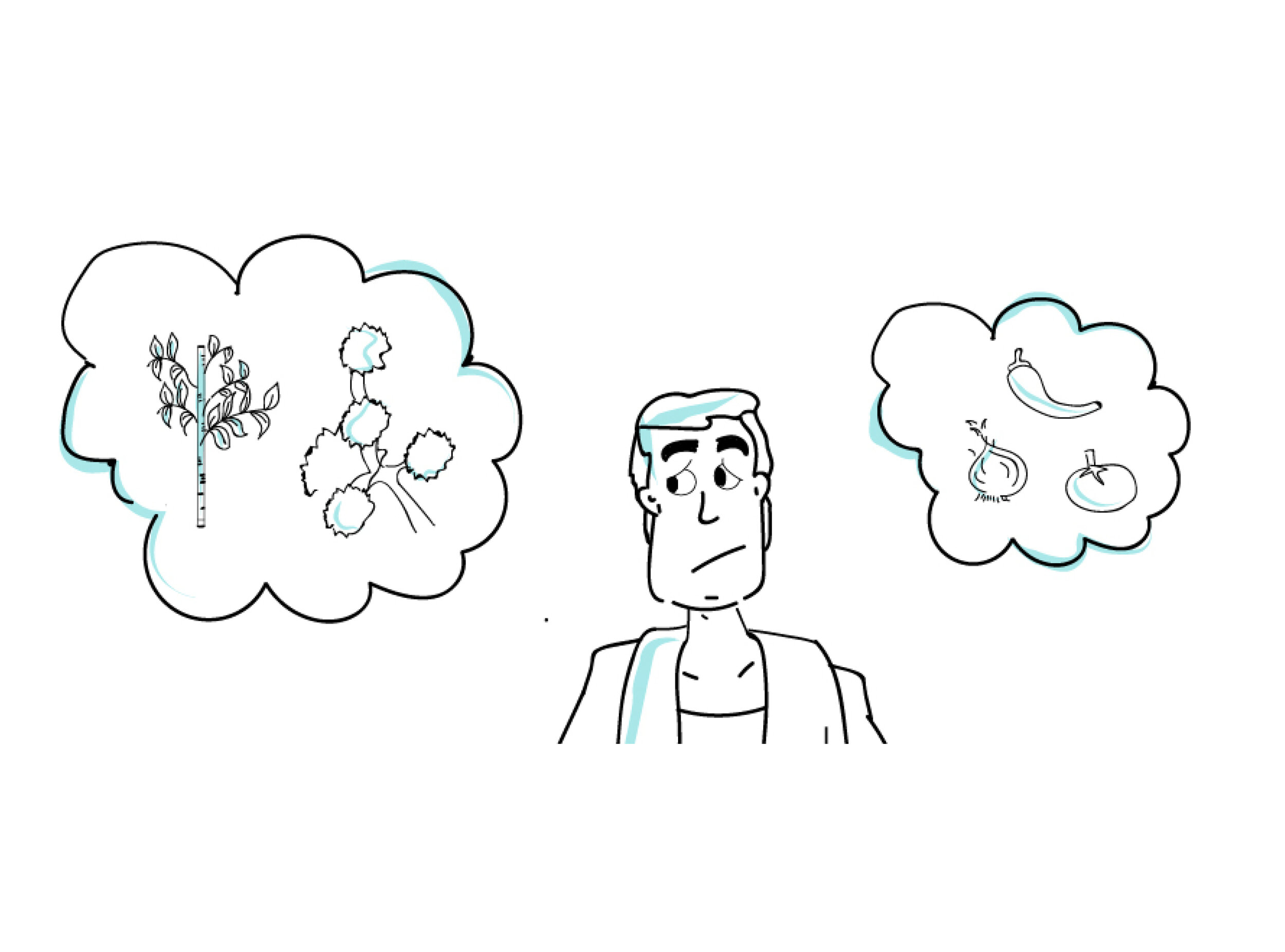Transforming farmer fragility to resilience.
research on potential opportunities to mitigate issues faced by farmers in India
#Customer Research
Context
Given the rise in number of farmer suicides and the outflow of farmers from agriculture to other professions, we undertook this study from the context of understanding possible opportunities to mitigate the issues faced by farmers.
OUR process
Using a combination of in-depth interviews, open ended questioning, observations and ecosystem understanding in the AP/Telangana belt, we were able to unearth a few interesting insights.
The Reasons for Farmer Fragility & For the Exodus out of Agriculture
Cycle of Debt
More often than not, agriculture meant a never-ending cycle of debt. With the dependence on environmental factors like rainfall, soil quality, pest attacks and so on, farming was all about the gamble, and few came out on top of the hand they were dealt, instead allowing their debts to grow until they became almost insurmountable.
No Visibility on Returns
Given there was limited visibility into what any crop could yield in terms of price, it was very difficult for farmers to forecast their earnings and plan expenditures accordingly.
Spreading their Risk
Knowing the unpredictability of the returns from agriculture, farmers were diversifying and finding ways to supplement their income, either themselves, or with the help of other close family members, and this was one of the main reasons behind the exodus out of farming.
The situation spelt out by these circumstances seemed almost too dire, and one might well be hard pressed to find any reason why someone would stick with farming.
THE FARMER MINDSET
Thanks to the circumstances of his lot, the farmer mindset has been that of a gambler.
Right from gambling on what crop might have the highest demand, to watching and waiting to get the best prices for his produce.
But is this mindset a matter of choice, or a matter of circumstance?
Our ‘AHA’ Moment
Through the course of our research, we found some pockets where there was a new breed of farmer. This pocket of farmers had identified certain crops that require less time and labour investment and come with a fixed price assurance right from the get go.
And with this visibility into the earnings they were likely to have at the end of the crop’s lifecycle, they were able to plan their finances and start to break out of their cycle of debt.
This seemingly small change in the way of doing business had created a sea change in the mindset of the farmer community over time.
From a risk taking mindset, this set of farmers had evolved into being stability seekers.
And that in a way insulated them from the unpredictabilities of agriculture, and allowed them to stay with their chosen line of work.
WHAT IT MEANS
Developing crop strains that require reduced labour and time investment reduce the farmer's dependencies significantly and help him operate more independently.
Also, regulation in favour of price transparency can help farmers plan their finances better, eventually allowing them to break free of the cycle of debt.
Also See
Technology
Retail Sector








